Hello. I’m Ravis. I write a lot of stuff that could nominally be called horror–because I love horror and other genre fiction–and some stuff that falls under whatever the currently trendy term might be for contemporary lit that’s based in the real world, yet contains elements of the fantastical. I recently self-published an e-novella called Ghostwriter.
1. How did you come to self-publish? Did you try to get published traditionally?
I did pass around a novel to agents, first-novel competitions, etc., and really came to the conclusion that there’s a certain vicious cycle to traditional mainstream publishing–“we’ll be interested in helping people hear about you when we hear about you you from people.” I honestly didn’t pound the pavement endlessly looking for a break, though I did and still do submit short fiction to various outlets regularly. I come from a very do-it-yourself/punk/”indie” cultural and musical community, so I was publishing with friends before I finished Ghostwriter, and when self-publishing and the eBook community caught my eye, it felt like a very natural, self-contained, underground way to go.
2. What self-publishing service did you use? Happy with the service?
I published through Smashwords.com, and found the site, founder Mark Coker and everything and everyone associated with the service extremely helpful and knowledgeable. It’s wonderful to send an e-mail to an “info” address and get a response from the head of the company–usually the same day and often within an hour. I also published through Amazon’s DTP platform, because I think DIY authors still have to avail themselves of that corporation’s incredible presence, but I try to pimp Smashwords first and foremost.
3. What avenues have you taken to market the book? Have you gotten reviews, interviews, TV, print media coverage?
I use horror film sites and forums a lot to promote the book, and communities like Goodreads.com, and most of my sales have come from word-of-mouth and the help of a community of creative, supportive friends and peers. It’s still early in the game, and I haven’t gotten a lot of “big time” coverage, but sites like RuledByBooks.com have taken some notice and given me some ink.
4. What drove you to write this particular book?
A long-term relationship ended, and I was living by myself in this tiny carriage house apartment near the beach with no TV. I was really getting into my own head, and I wanted to write a story about isolation and obsession, the way your mind starts working on itself after a while when there’s nothing else for it to do. I wrote the story as a screenplay first, and was really pleased with it, and thought it would be a fun exercise to reverse-engineer it into a traditional narrative. (Also, I know exactly nobody in the film and television industries.)
5. Is the book in any one particular genre? Is it a genre that’s familiar to you?
I’m a lifelong horror fan, and have this sort of crazy drive to re-invigorate the genre. I did have the idea of tackling the classic haunted-house story, and wanted to do it in my own way, very modern, without relying on too many tropes or cliches. I love contemporary lit, but I have no problem being called a horror author. Several people have told me, though, that the style of the book takes it away from what most mainstream fans consider horror fiction–there’s a lot of dialogue and black humor, which come from my passion for film and TV, things like slow-burn Asian horror and Joss Whedon’s stuff. But for me, yeah, I was firmly thinking in terms of writing a horror story.
6. Who are your greatest writing influences?
Neil Gaiman, Warren Ellis, Kurt Vonnegut, Carl Hiaasen, Michael Crichton. Witty, character driven stuff like Whedon’s shows. Slow, creepy, atmospheric movies like old Hammer films, The Audition, John Carpenter’s The Thing and Let The Right One In. And, of course, I think it’s impossible to be my age, write dark stuff and not owe at least a little bit to Stephen King.
7. What’s your writing regimen? Any tips for keeping focused?
I mostly write at night, beer or wine close by, from after dinner until whenever I’ve had enough, usually with some kind of familiar background white noise on the TV, old sitcoms or Deep Blue Sea or whatever, something I either know so well or have so little interest in that it turns into aural wall paint. As far as keeping focused, I don’t know, if it’s difficult to get right into something I’ll put it aside for another time. If it’s not enthralling or at least entertaining me, there’s no point in pushing it.
8. Would you self-publish again?
Absolutely. Making more money would be nice, but getting stuff to people who might enjoy it, consider it, ponder it or hate it vehemently enough to threaten my physical existence is really the most important thing, and self-publishing is only going to evolve from here.
9. Any final words of advice for those looking to self-publish?
Don’t. Give up. It’s too hard, there’s too much stuff you have to do beyond the mere act of writing. Go outside and play. Be one less author with whom I have to compete.
Get an Editorial Review | Get Amazon Sales & Reviews | Get Edited | Get Beta Readers | Enter the SPR Book Awards | Other Marketing Services


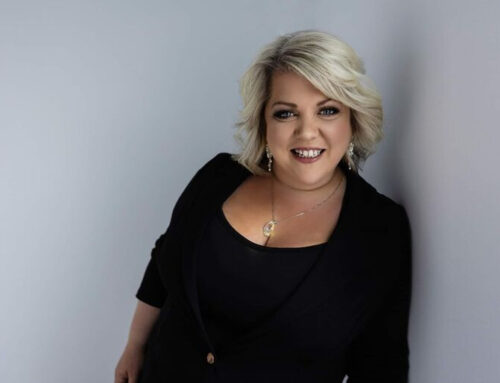
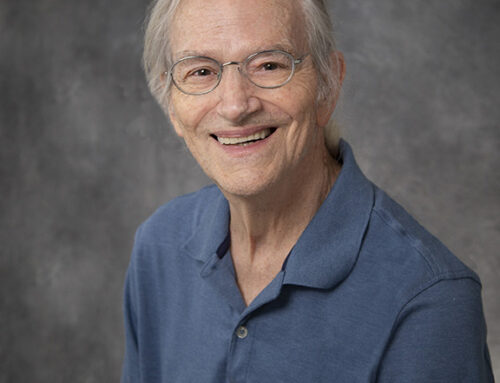
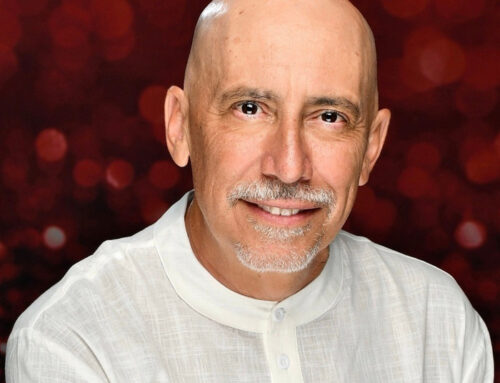
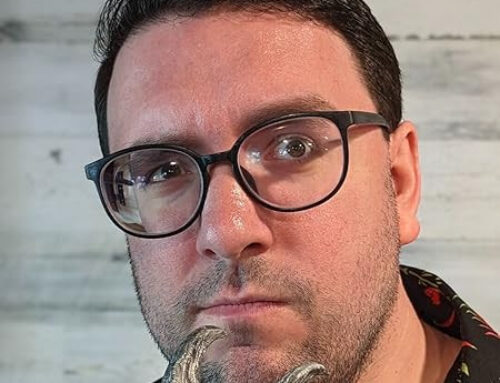
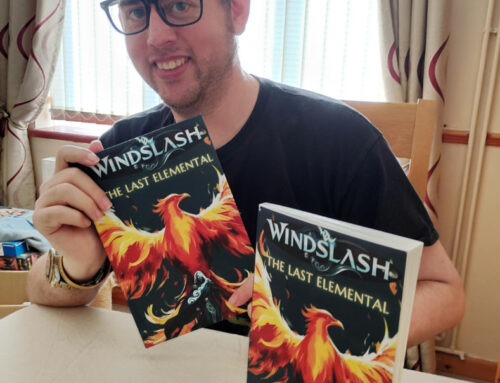

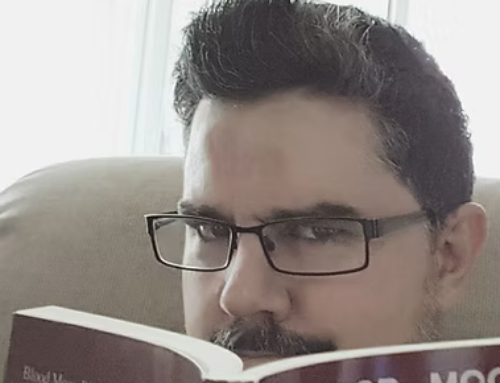

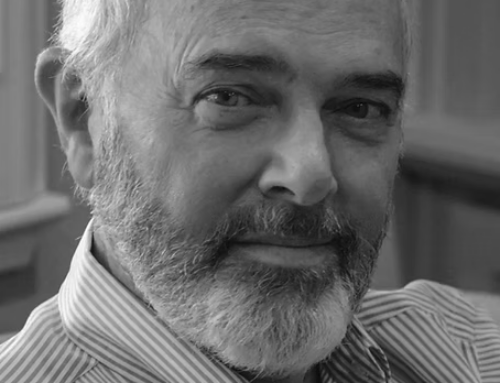











Hello, Your new book sounds exciting and I’ll probably get a copy soon enough. I LOVE horror, mysteries, true ghost stories and such. I did write something in the 80’s I recently published at Lulu.com and it’s way off horror. It’s Harmony…Life, Love, and the Lord-Anna Aliou. I just made it an ebook and it should be available elsewhere besides Lulu. But, the fun to publish your own book is worth it. If you get the right marketing throughout the world, eventually it will pay off $$$ too. I didn’t do any marketing. I just had to publish it. I enjoyed your interview.
Thanks Sky, I’ll look for your story. Ghostwriter actually touches on the true story of Mary Hardy Reeser, whose death was the first case of possible spontaneous human combustion ever investigated by the FBI, and it happened right here in St. Petersburg in 1951. Not to self-pimp too heavily, but I’m putting free short stories up at my smashwords.com account every week this month, if you want to try something gratis. Cheers.